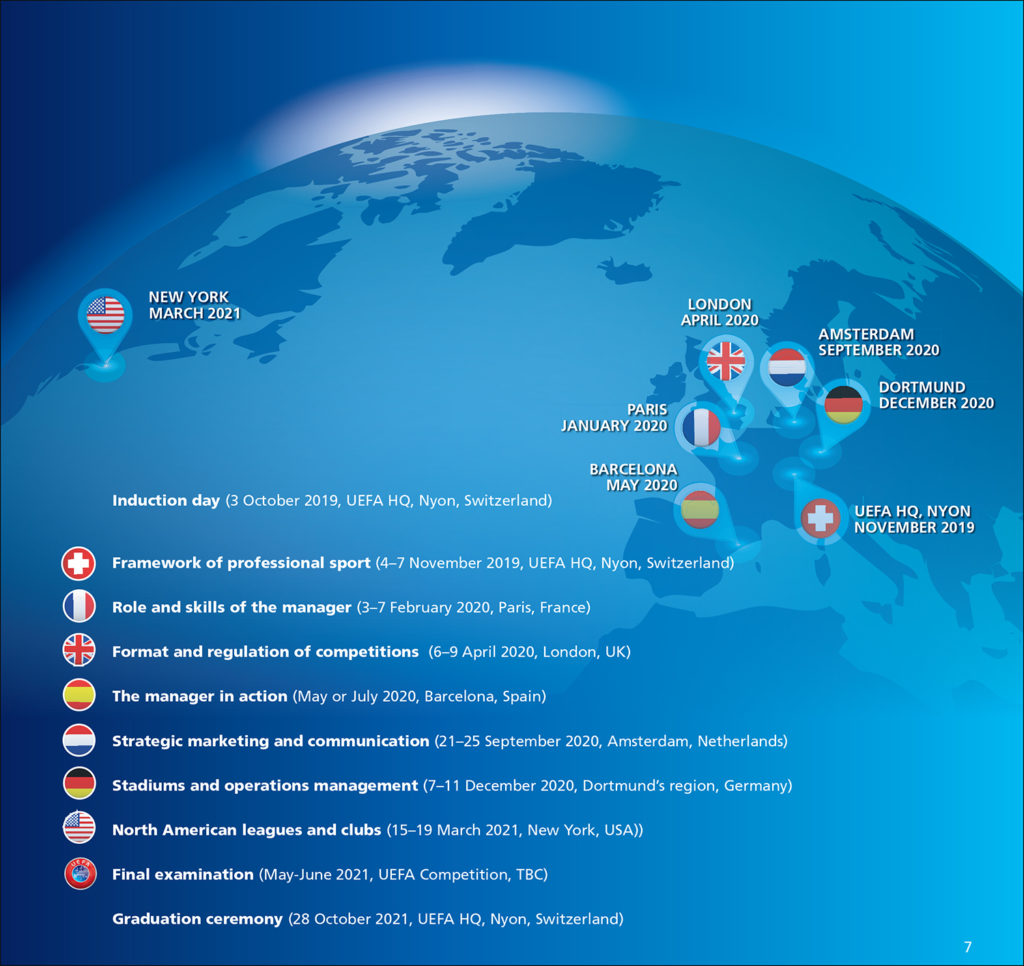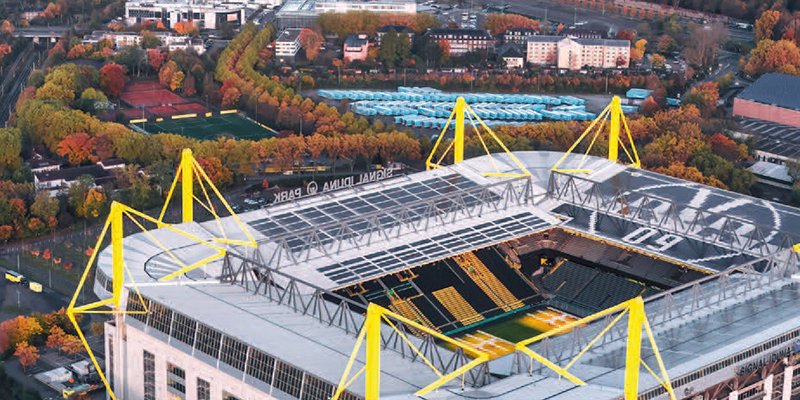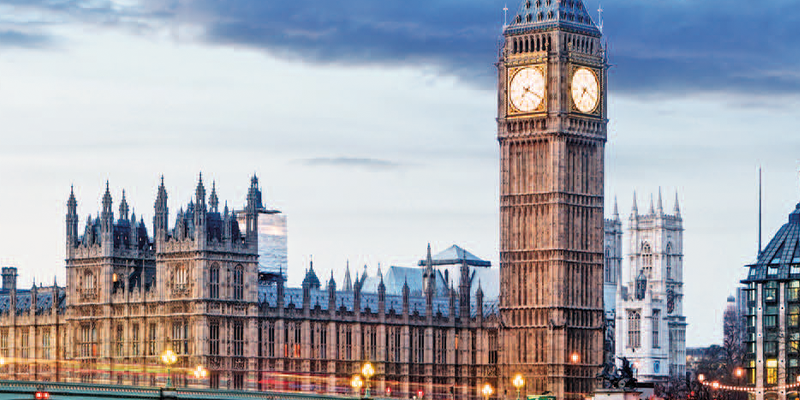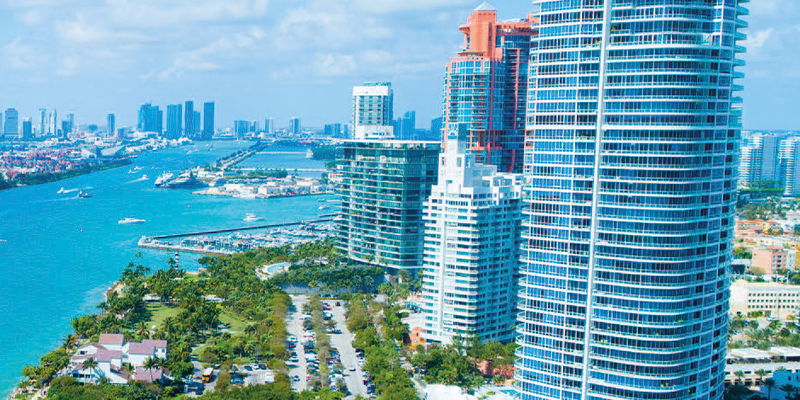It comprises seven week-long sessions (sessions start on Monday lunchtime and finish on Friday lunchtime), each of which deals with a different aspect of football administration and management.
Delivered in English, the sessions are held over a period of 20 months in major European cities (Amsterdam, Barcelona or Madrid, London, Munich and Paris), all home to leading clubs and organisations in football. Exceptionally, the first session takes place at UEFA headquarters in Nyon, Switzerland, while the final session takes place in New York, where participants learn about the American model of sport. For those who do not already work in a sports organisation, a three-month work placement offering practical experience.
Successful participants are awarded an executive master’s degree by the University of Limoges.
The UEFA MIP is specifically designed for former professional football and futsal players as a next step in their career off the pitch.


13-17 October 2025, UEFA HQ, Nyon
As a former international player, you have a clear vision about how football works, on and around the pitch. But you probably need to strengthen your knowledge about what goes on behind the scenes. This first session provides a presentation of the sports sector in general and the professional football landscape in particular. Who are the different stakeholders in the sector? What are the specific features of sports economics and the football industry compared to general economic sectors? Through academic and professional presentations, workshops and debates, you will be afforded a comprehensive insight into the features and complexity of the football ecosystem. This first session will also help you identify how to appreciate and use your legitimacy and skills in order to become a top manager.
Learning objectives :
• Draw up an overview of the stakeholders in the sports sector and professional football.
• Introduce the general institutional, legal and economic frameworks of the European professional sports system.
• Underline the characteristics and specific features of the economics of team sports.
• Highlight key skills that can be mobilised to transition from a top player to a top leader.

15-19 December 2025, Paris
Some of the skills that you have acquired in your playing career are directly transferable, while others
will need supplementing. Your task is to apply these skills to a clearly defined, coherent project that
takes into account the history, culture and values of the organisation for which you work. During this
session you will learn from several managers with sports and business backgrounds. Various activities
will also help you reflect on what kind of leader you would like to become.
Learning objectives :
• Understand the role of the manager and their key skills
• Learn about the importance of a clearly defined strategy for a sporting organisation and how to implement it
• Study simple, practical tools for defining projects
• Discover your leadership style

9–13 February 2026, Lisbon
The essence of sport is competition. The objective of sporting tournaments, leagues and competitions
is to determine the champion team or individual.
This session addresses the challenges of finding the most effective way to organise football competitions in all their variety and complexity. The debate around how the UEFA Champions League competition should be structured in the 2024-2027 cycle illustrates this point very clearly. Explanations are given of the theoretical principles underlying effective competition design, such as the need to maintain competitive balance, financial stability and the integrity of competitions. The practical application of these principles is illustrated with the use of multiple case studies of real-world football competitions.
Learning objectives :
• Understand the key principles informing the successful design of club and national team competitions.
• Understand the key regulatory tools available to competition organisers, e.g. salary caps, luxury tax, financial fair play systems, etc.
• Learn the key operating principles of labour markets in football related to the retain and transfer systems, and the role of clubs, agents and regulators such as FIFA in this system
• Explore the specific dynamics of women’s football competitions as a critical growth sector in the football ecosystem

1-5 June 2026, Madrid, Spain
This session will help participants understand the different kinds of organisations that exist in football administration today. Based on this information, they should then be able to analyse decision making processes. The main content of this session concerns relationships between people. Participants will be introduced to a variety of important topics in
order to help them become great managers: there is a clear definition of the objectives, including the importance of selecting and motivating an effective team. Additionally, participants will practice the skills required for successful negotiation and communication.
Learning objectives :
• Examine the administrative organisation of clubs and federations.
• Understand the decision-making processes in sports organisations.
• Outline basic financial concepts.
• Illustrate the critical success factors in efficient networking.
• Explain the roles and skills of different stakeholders in a football organisation.

21-25 September 2026, Dortmund
This session will focus on two key considerations. The first is the importance of stadium and operations management in the life cycle of clubs. Stadiums are a fundamental asset for clubs. The economic model and the clubs’ ability to turn stadiums into profit centres will be studied in detail. There will also be insights into operations management, notably through observing the inner workings of a UEFA club competition match. The second consideration is the key topic of sports talent management. Talent identification and player development and valuation are also a major part of clubs’ strategies. Specific attention will be paid to the role and skills of clubs’ sporting and technical directors.
Learning objectives :
• Present the general business model of professional football clubs and identify the key pillars.
• Demonstrate the role and importance of stadiums and events in a club’s development
• Identify the different stakeholders involved in sports talent management
• Demonstrate the role and importance of a stadium for the development of a club.
• Present stadiums as profit centres and provide examples of different business models.
• Analyse the operations roles of managers in stadiums.
• Understand and experience the operational management of a high-profile club competition.

7-11 December 2026, London
The goal of marketing is to identify and satisfy consumer needs through delivering compelling products and services in a unique and profitable way.
In sports, we market to fans and commercial partners alike; this requires a broad set of strategic skills in order to succeed in a highly competitive, rapidly evolving marketplace. We compete with other sports as well as with other forms of entertainment.
Learning objectives :
• Build a strong brand strategy to guide the offering, communications, pricing and distribution
• Develop a marketing plan based on consumer insights, competitive analysis, understanding the market, segmentation and targeting
• Understand how to build a strong proposition in key revenue-driving verticals: broadcast rights, sponsorship and licensing, digital fan engagement and direct-to-consumer
• Develop cut-through communications to promote your brand and offering while building and protecting your property’s reputation

8-12 February 2027, Miami
This session covers an alternative sports model that has its own history and culture. The study of this model will allow you to broaden your managerial horizons and acquire new tools for success. It also encourages creative thinking about the key factors in the success of a league or club, including the implementation of regulatory tools. Although the consumption of American culture and sport is significantly different to European consumption, this session will help you identify some very practical tools that could be implemented in European football in order to increase its economic and social value.
Learning objectives :
• Offer a perspective from outside Europe, with the illustration of a very different but very prosperous model.
• Demonstrate that both the European and North American models are tailored to their history and environment.
• Illustrate the need for sports models to be regulated.
• Describe the policies implemented to promote gender equality and fight discrimination.

12-16 April 2027, Rio de Janeiro
Football is multifaceted: it is simultaneously a game, a sport, an economic sector and a highly globalised industry. After a strong focus on the European context and the North American model of sport, this final session visits South America to offer a comprehensive insight into the globalised nature of football and its challenges. Based on a series of presentations and interactive workshops, this final session will give participants the opportunity to apply what they have learned throughout the programme.
Learning objectives :
• Understand the global nature of the football industry and its current and future challenges.
• Learn more about the South American football market and its connections to Europe.
• Study different organisational models.
• Apply the programme’s key learning points.


